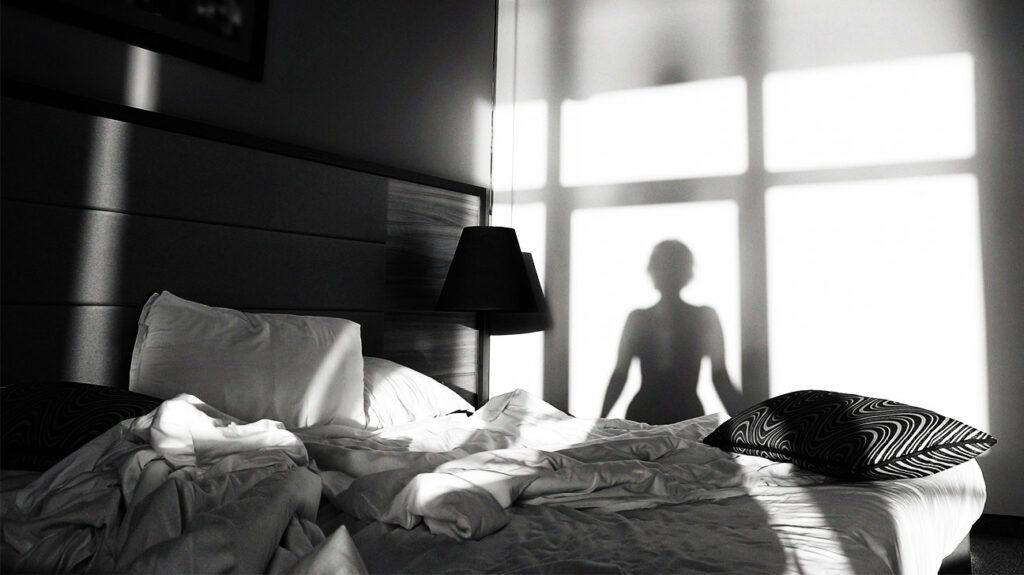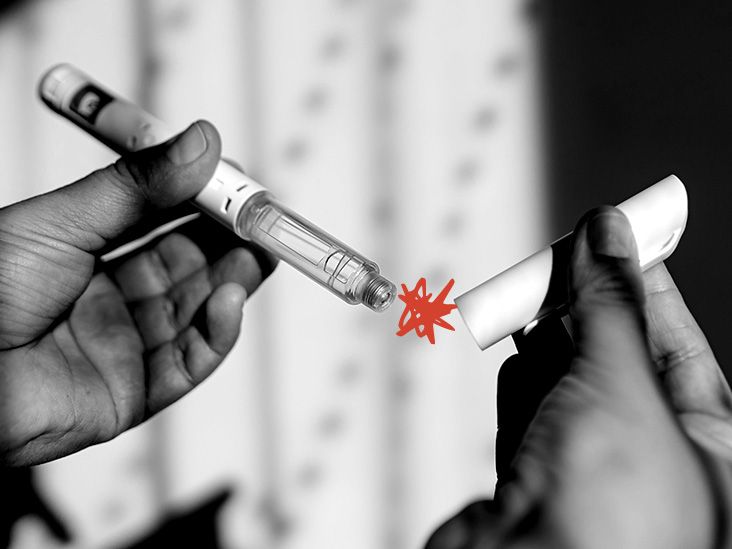People with eating disorders, such as anorexia, may have difficulty falling or staying asleep, or they may wake too early. Research suggests that eating disorders can cause or contribute to insomnia and vice versa.
Anorexia nervosa (AN) is an eating disorder (ED) in which a person restricts their nutrient intake to achieve or maintain a low body weight. Insomnia is when a person has repeated difficulty falling or staying asleep or regularly wakes too early.
This article describes the link between anorexia and insomnia and considers how anorexia may affect sleep.

A
A
The study also investigated a possible association between AN and chronotype. A chronotype refers to a person’s inclination to be either a “morning person” or a “night person”. The study found that people with AN are more likely to have a morning chronotype and that having a morning chronotype increases the risk of AN.
According to the
- performing vigorous exercise shortly before bedtime, which delays sleep onset and impairs sleep quality
- using sleep or napping as a way to avoid eating and other ED triggers, which can disrupt the sleep-wake cycle
- restricting food intake to the point where hunger causes excessive daytime sleepiness and napping, followed by delayed or impaired sleep at night
- binge-eating at night, which can delay sleep onset and impair sleep quality due to increasing nighttime arousal or digestive issues
Another 2021 study investigated the prevalence of sleep disturbances among people with AN and the extent to which sleep quality affects AN symptom severity.
Participants with and without AN took part in an online survey investigating sleep and ED symptoms. Compared with participants without AN, those with AN reported significantly poorer sleep overall, including:
- increased sleep disturbances
- use of sleep medications
- daytime dysfunction
Among the participants with AN, sleep quality and negative emotions significantly predicted AN symptom severity, while body mass index (BMI) did not. The researchers concluded that sleep quality was the biggest predictor of AN symptom severity, thus highlighting how poor sleep can worsen an ED.
Poor sleep may also impair long-term recovery from an ED. For example, insomnia may
Read about treatment for anorexia.
The
Cognitive behavioral therapy for insomnia
Cognitive behavioral therapy for insomnia (CBT-I) is a type of psychotherapy that can help a person fall asleep faster and stay asleep for longer. It is usually the first-line treatment for long-term insomnia and has a high success rate.
Medications and supplements
Doctors may recommend over-the-counter (OTC) or prescription medications to help with insomnia.
Prescription medications include benzodiazepines and benzodiazepine receptor agonists. OTC treatments include antihistamine medications or melatonin supplements.
Learn more about treatment for insomnia.
The
- creating a healthy sleep environment, which includes:
- sleeping in a cool, dark, quiet room
- lying on a comfortable mattress
- avoiding watching TV or looking at electronic devices before bedtime, as the light from these sources can disrupt the sleep-wake cycle
- engaging in relaxing activities before bed, such as:
- reading a book
- listening to soothing music
- meditating
- taking a hot bath
- going to sleep and waking up around the same time each day to help stabilize the sleep-wake cycle
- getting regular physical activity during the daytime and stopping exercise 5 to 6 hours before going to bed to avoid overstimulation
- avoiding stimulants such as caffeine, nicotine, and alcohol close to bedtime, as these can make it difficult to get to sleep and can cause night-time waking
- eating regular meals throughout the day and avoiding eating late at night to prevent heartburn and acid reflux
- limiting fluid intake close to bedtime, to help reduce the need to use the bathroom during the night
- avoiding OTC and prescription medications that can disrupt sleep, such as cold and allergy medications
- avoiding daytime napping, as this can disrupt sleep at night
The website of the National Eating Disorders Association has a list of ED treatment providers. These include:
- The National Association of Anorexia Nervosa and Associated Disorders: A free, online directory that enables those with an ED to find professional treatment options in their area.
- FAY: A website that helps those with an ED to receive face-to-face or online treatment that is covered by their insurance and delivered by a registered dietician.
- The Eating Disorder and Referral Information Center: A website offering an extensive list of treatment centers and ED professionals across the world.
- The National Alliance for Eating Disorders (NAED): A national database of ED treatment options. The NAED also has a helpline that people can call for help finding ED treatment in their area. The number is 866-662-1235, and the line is available Monday through Friday, from 9 a.m. to 7 p.m.
- The Leading Eating Disorder Awareness Project: A directory of culturally-sensitive ED professionals with expertise in serving people of color.
According to the United Kingdom’s National Health Service (NHS), a person who thinks they may have an ED should contact a doctor as soon as they can.
People may also wish to contact a doctor if they experience insomnia, particularly if they feel that it is worsening their ED or impairing their recovery.
Learn about the signs of an ED.
Research suggests that anorexia can cause or contribute to insomnia and vice versa.
Some common ED behaviors can worsen insomnia. Examples include performing vigorous exercise before bedtime, restricting food intake to the point of hunger, and sleeping or napping during the day.
Anyone who thinks they may have an eating disorder should to talk with a doctor as soon as possible. People can also seek treatment for insomnia, particularly if they feel it is worsening an ED or impairing their recovery.


